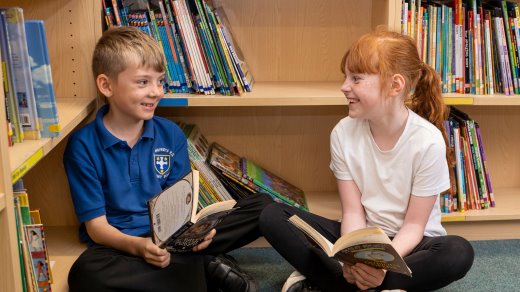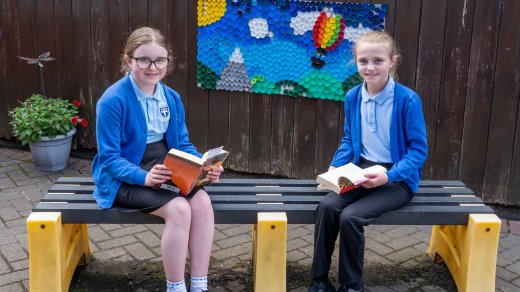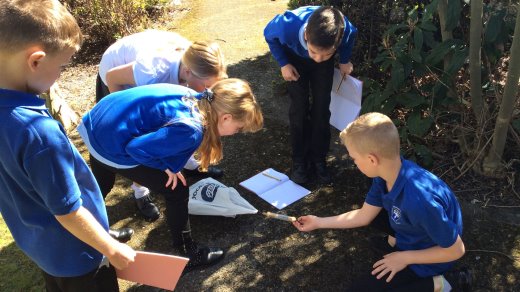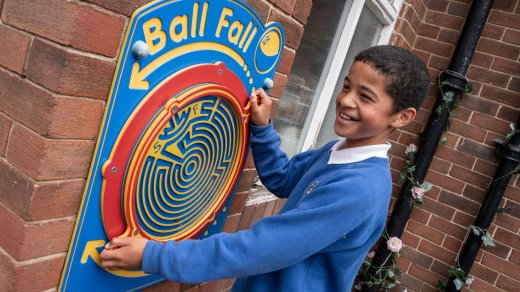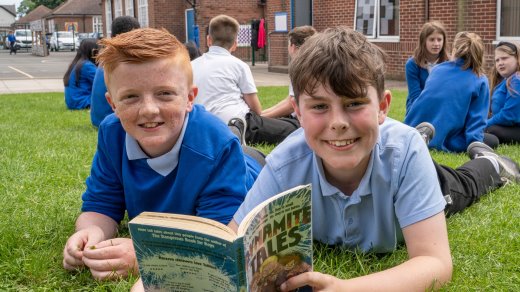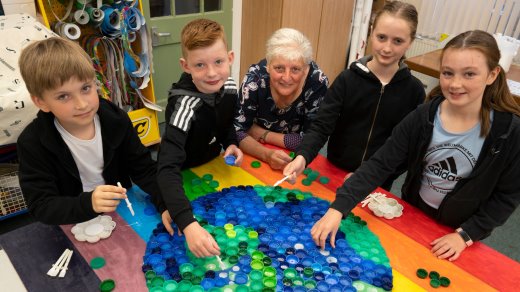00 - 01
History
History
History Lead: Miss Catherine Clay BA Hon Primary Education with QTS
Intent
At St. Wilfrid’s we aim to provide children with the opportunity to develop a coherent understanding of Britain and the wider world through:
- Using a wide range of primary and secondary resources.
- Historical Understanding.—To develop all the skills, knowledge and topic specific vocabulary that set out in the National Curriculum.
- Chronological Understanding —We recognise the importance of children having a secure understanding of chronology and with this we aim for our historians to recognise what is going on in Britain and around the world at the same time. For example Ancient Egypt and the Bronze and Iron Age.
- Historical Enquiry—To continue to build on these skills as they progress through school by asking questions and using resources source the answers of their curiosity.
Implementation
EYFS
History is taught through Understanding the World. Children discuss about similarities and differences between themselves and others, and among families, communities and traditions. Children talk about past and present events in their own lives and in the lives of family members. They use books to hook the children's interests and often pre-teach some of the topics from Key Stage 1.
Key Stage 1 & Key Stage 2
- All children will revisit prior knowledge to support recall and make connections to new learning to support movement into long-term memory.
- Knowledge Organisers at the beginning of each topic, with reference back to these as we go through the topic.
- Consistent working walls in classrooms to support with scaffolding in class.
- Children are provided with memorable learning opportunities external to the classroom during our local history topic.
- Assessment is ongoing through formative assessment opportunities. Summative assessments are conducted at the end of a topic through a variety of ways such as writing pieces, posters, quizzes to name a few dependent on the year group. For instance in Key Stage 2 assessment summative assessments are conducted at the end of each topic through answering ‘The Big Question’ using the 3 PEE’s (Point, Evidence, Explain). This is used track the child’s progress against the 3 strands.
Impact
At St. Wilfrid’s, we recognise that Pupil voice is incredibly important, especially in a subject like History. Children are naturally curious learners and we want them to be able to confidently voice what they have learnt through the use of subject specific vocabulary but to also to recall facts and use it to support their learning. Work is of good quality and demonstrates pupils are acquiring knowledge, skills and vocabulary in an appropriate sequence. Pupil voice allows for children to build their own opinions on topics that are taught at an age- appropriate level. Opportunities provided for our Heritage topic in the Summer term, acknowledges Blyth and the surrounding area which provides cultural capital opportunities and for children to discuss these with their family and friends.
